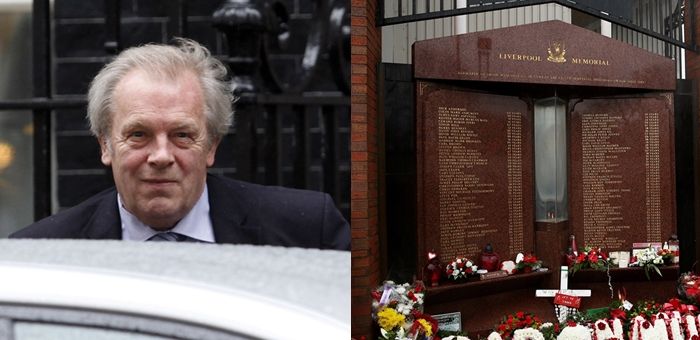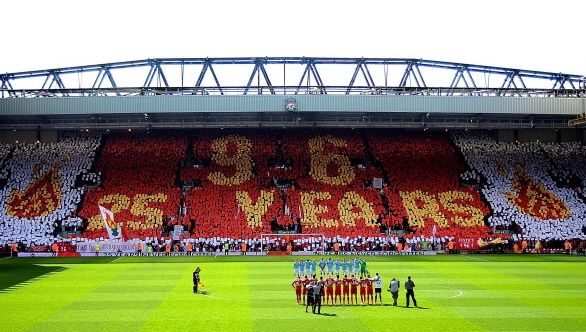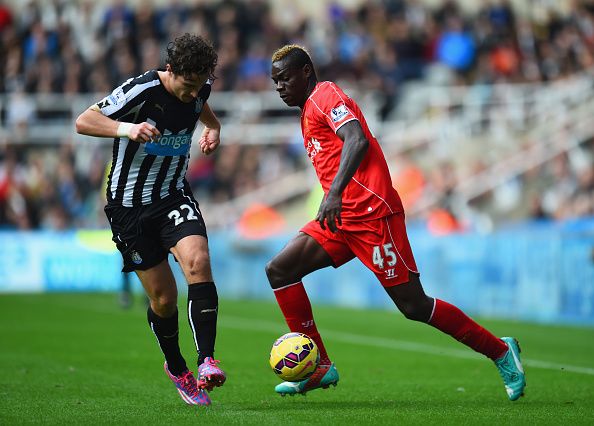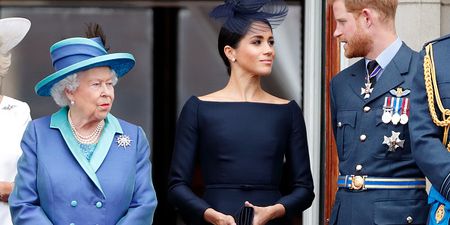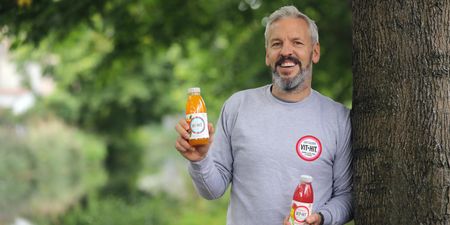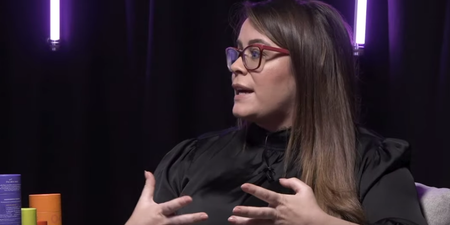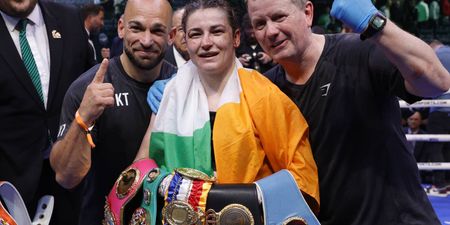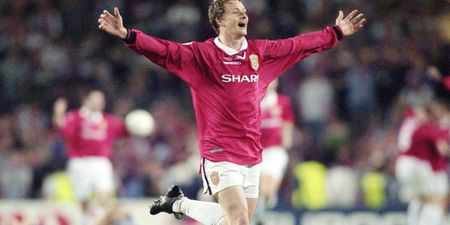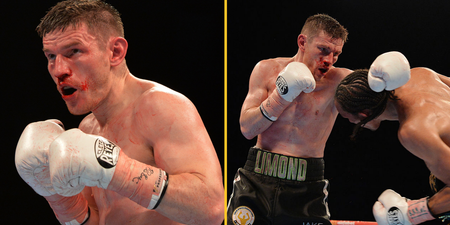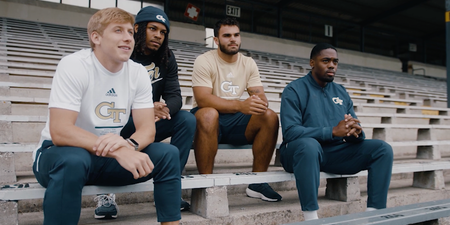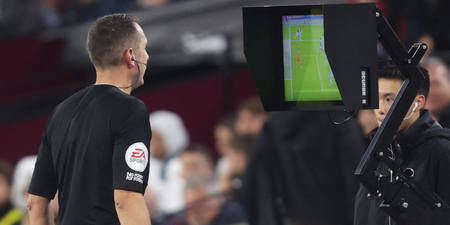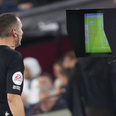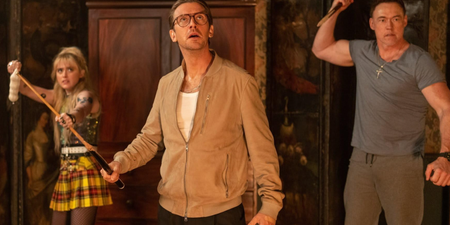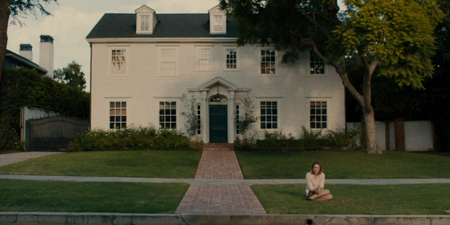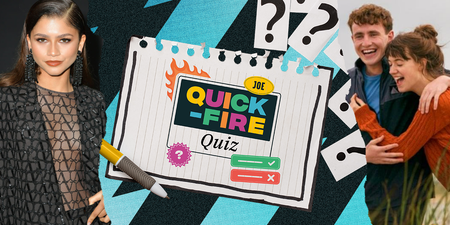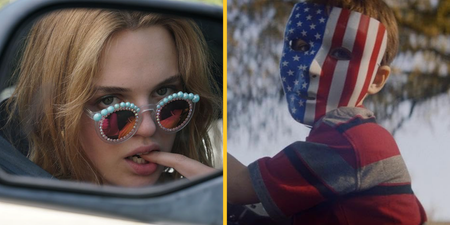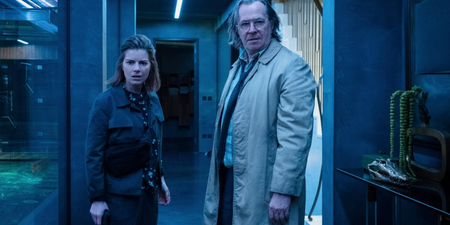If anyone is offended by the contents of this article, we would like to apologise.
If.
Heavens above.
Real contrition is dead and gone, replaced by a sort of ‘defence is the best form of attack’ that sees many public figures weigh up their level of regret based on public opinion and the mob’s phantom ‘anger-o-meter.’
Comparing the Ched Evans situation to the plight of the Hillsborough families not only casts aspersions on the testimony of the girl at the centre of the rape case, but also diminishes what the people left behind by the 96 have been going through for the last 25 and a half years.
PFA chief executive Gordon Taylor said on BBC Radio 5 Live that Evans “would not be the first person or persons to have been found guilty and maintained their innocence and then been proved right.”
He then added: “If we are talking about things in football, we know what happened, what was alleged to have happened at Hillsborough.
“It’s now unravelling and we are finding it was very different to how it was portrayed at the time, indeed by the police at the time.”
Foolish, foolish words, but the apology was worse.
“I never intended to cause any offence with what I said about Hillsborough,” said Taylor.
“If people feel that way about it then I can only apologise. It’s just that the inquest is on, I’m a football man, and I am very much aware of the accusations that were made about the Liverpool supporters at the time.
“I was not comparing the two, that was never my intention, it’s just a fact of life that convictions can be overturned.”
If. People. Feel. That. Way. About. It.
While we doubt Taylor went into the BBC interview with any intention of juxtaposing two wildly different situations, he should have known straight away that he was wrong and he should have expressed that without the qualifier. Without the ‘if.’ Not “I apologise if anyone was offended,” rather “I apologise because I was wrong.”
Taylor’s case is not an isolated one.
While few of us really believe that Mario Balotelli set out to offend anyone with his recent Super Mario Instagram post, surely he could have stuck to his guns rather than… “I apologize if I’ve offended anyone. The post was meant to be anti-racist with humour.”
Roy Hodgson after his Andros Townsend/Space Monkey remark at half-time during an England match: “I would like to apologise if any offence has been caused by what I said at half-time.”
Hodgson again, after certain English fans chanted anti-IRA songs during the victory over Scotland: “I don’t condone it. If anyone was offended, I’m sure the FA would like to apologise to them.”
Ah, the classic ‘if,’ now with added ‘would like to.’
It’s not whether Balotelli or Hodgson have anything to apologise for, that’s a discussion for another day, but shifting the emphasis back on those that may have taken offence (and people love nothing more than to be outraged) makes the whole principle of an apology redundant.
Apologise, or don’t. Not saying sorry is at least more laudable than trite words designed to fight back the waves of public opinion.
